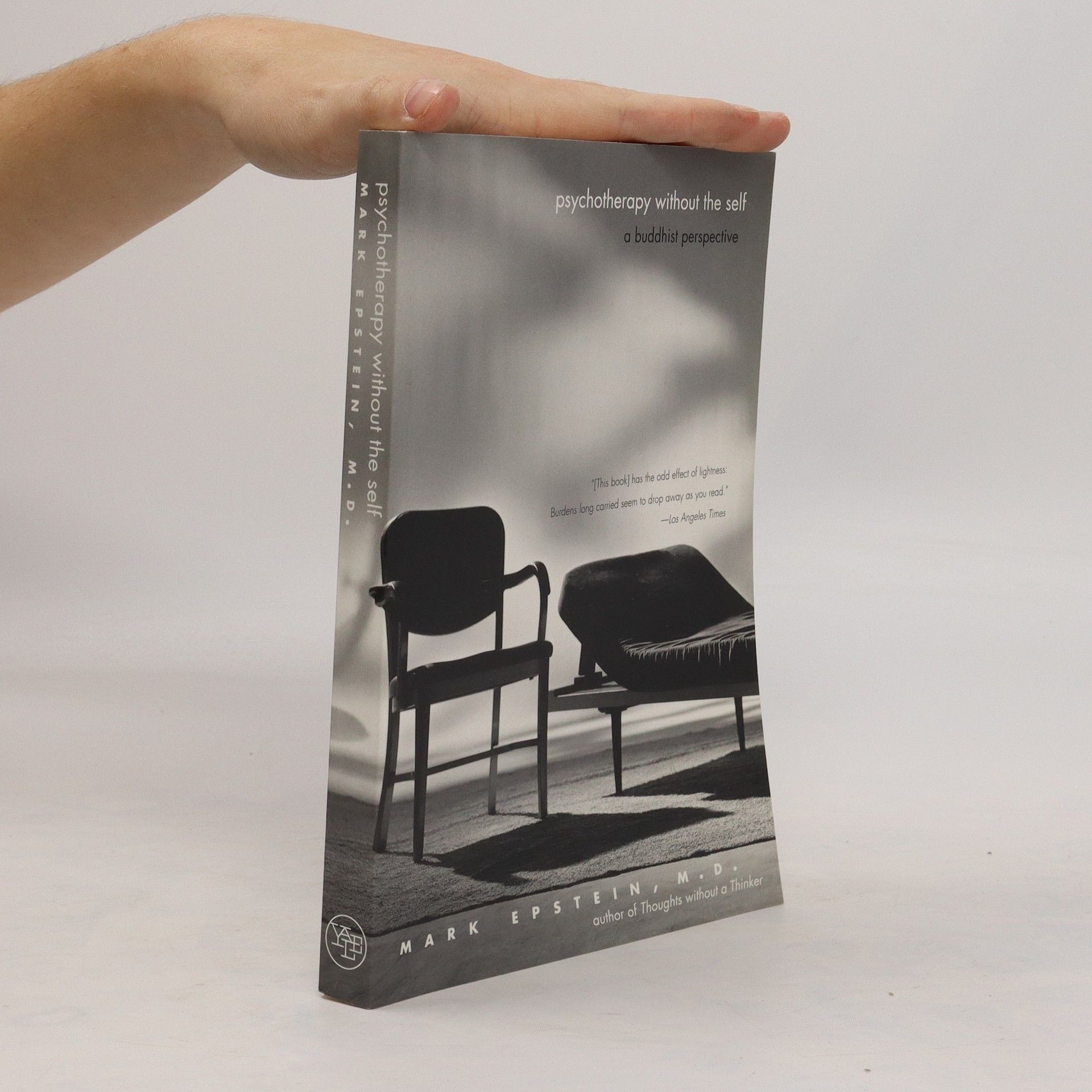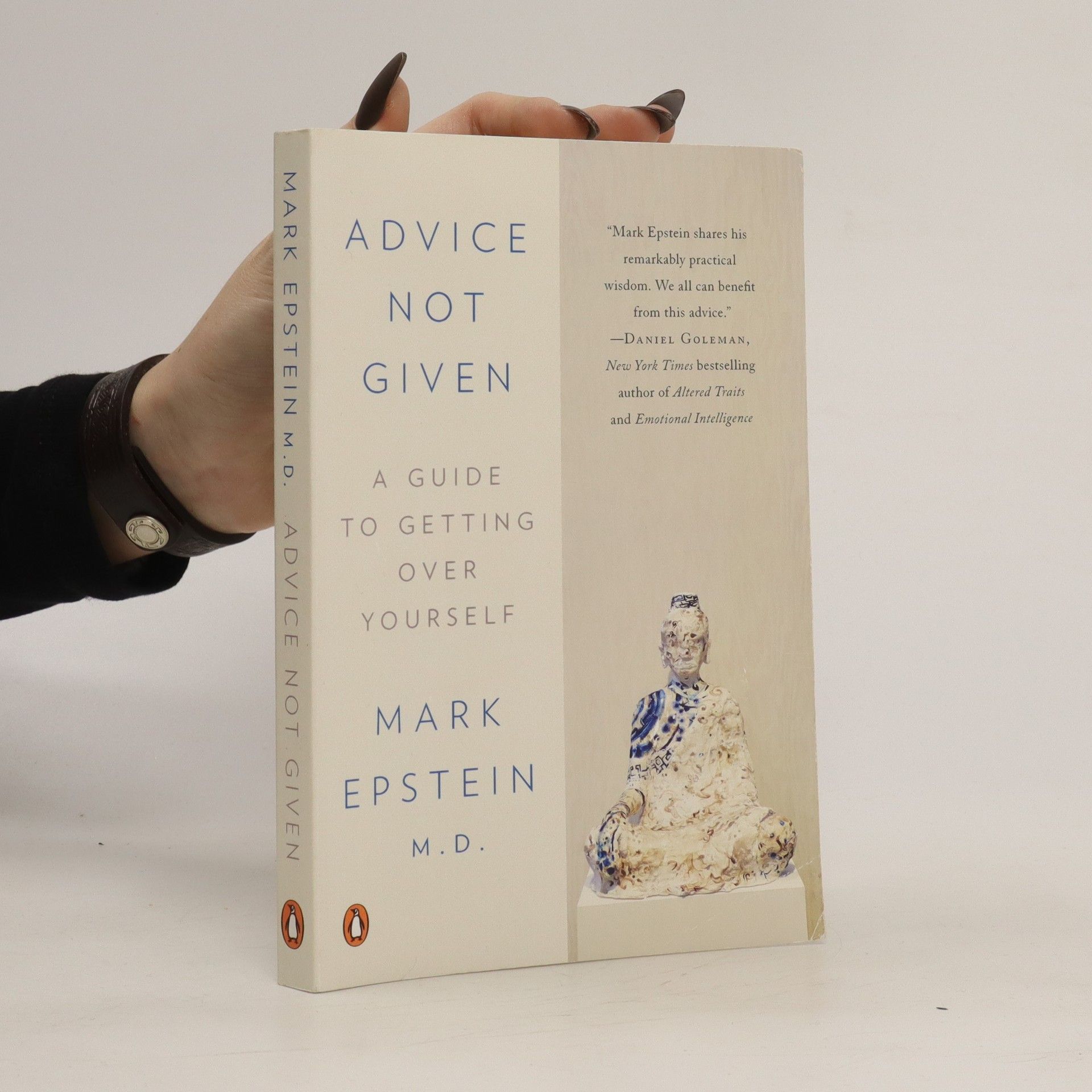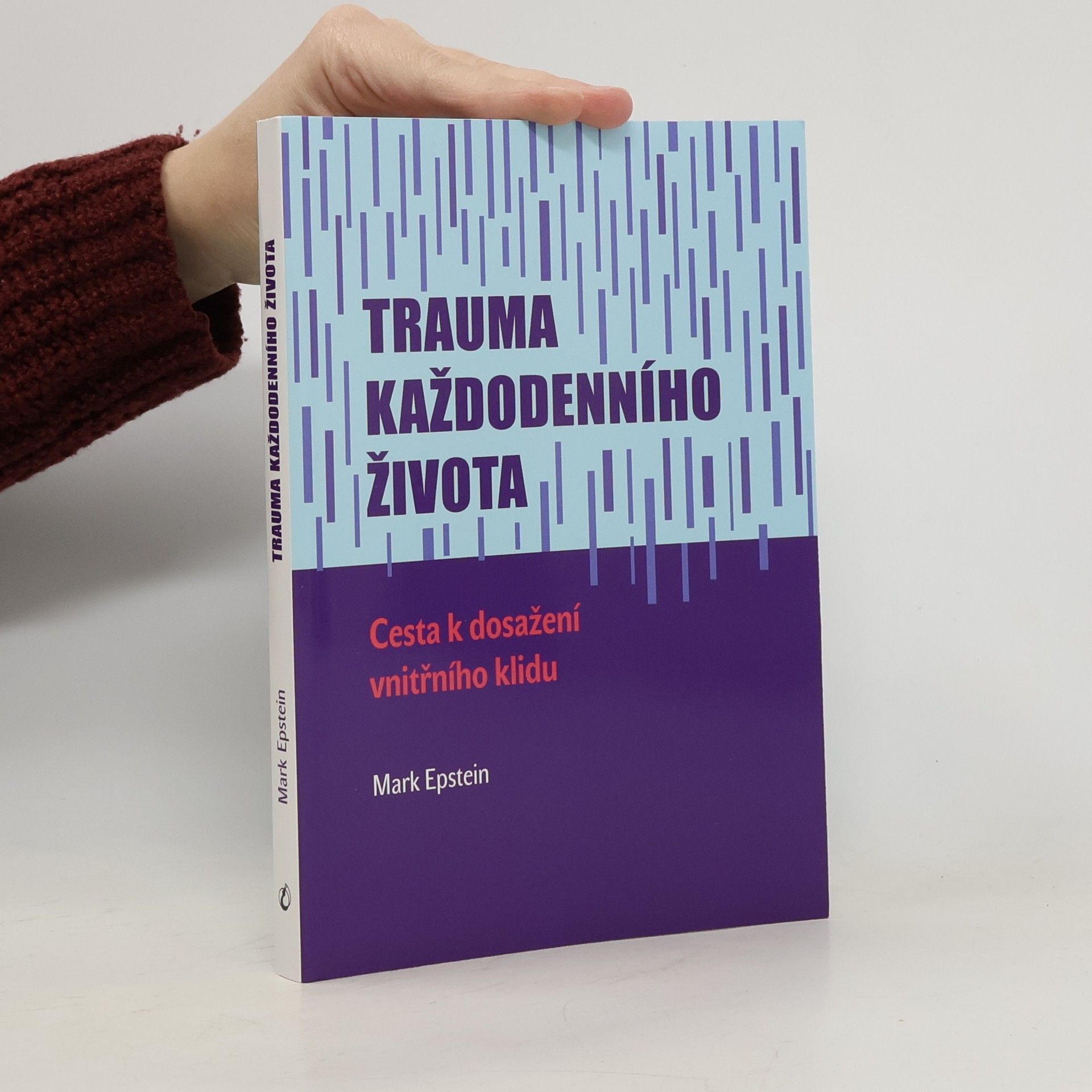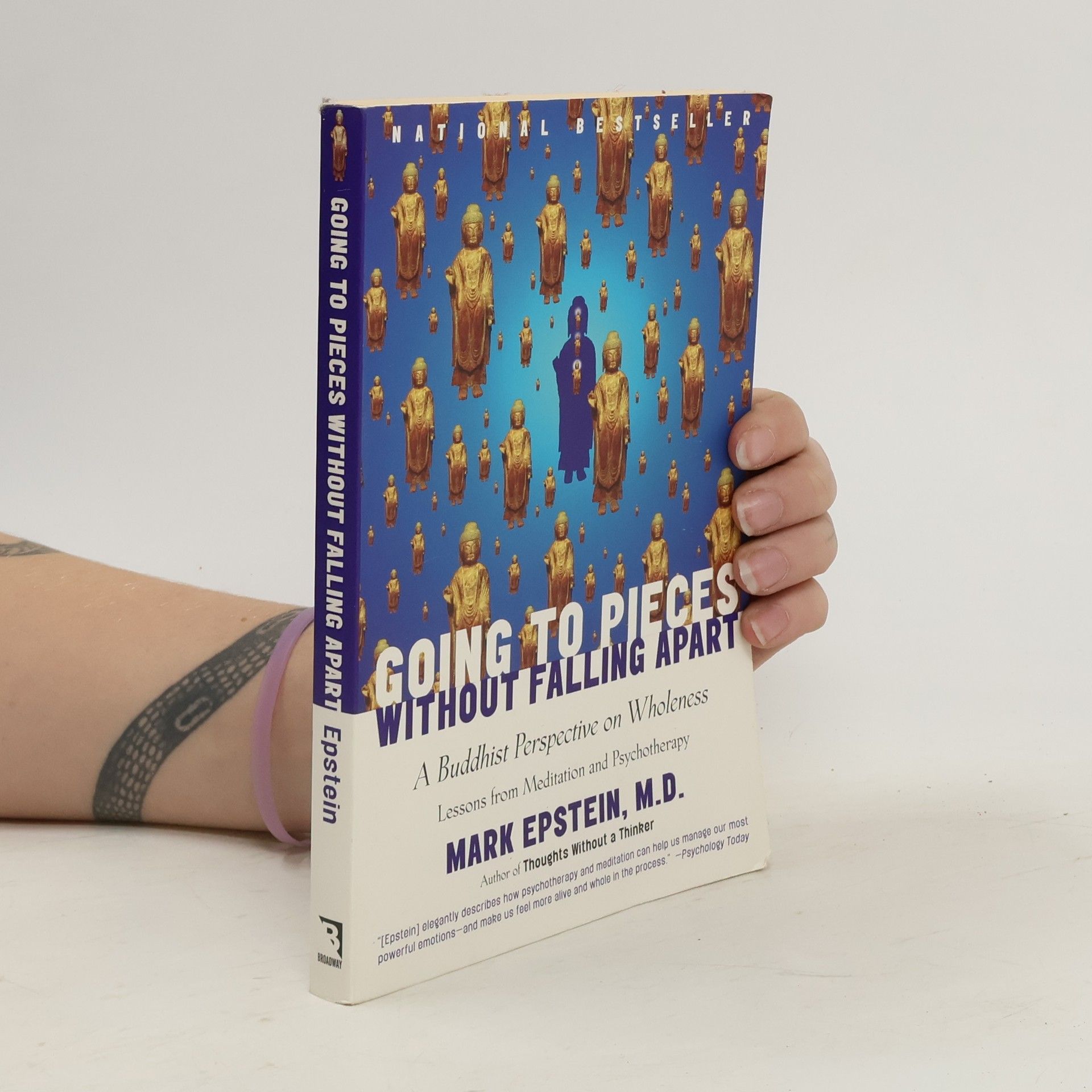Trauma každodenního života
- 202 stránek
- 8 hodin čtení
Cesta k dosažení vnitřního klidu. Trauma nezažívá jen několik málo nešťastných lidí. Ve skutečnosti je jedním ze základních stavebních kamenů našeho života a v té či oné podobě ho zná každý z nás. Trauma patří neodmyslitelně k lidské existenci, můžeme si však vybrat, jak se k němu budeme vztahovat. Můžeme se mu snažit vyhýbat, nebo ho můžeme využívat jako zdroj životního rozvoje. Zatímco západní psychologie nás přesvědčuje, že trauma lze zvládnout, zbavit se ho tím, že nalezneme a pochopíme jeho příčinu, příznivci východních praktik často vidí v meditaci prostředek k povznesení nebo distancování se od nepříjemných a obtěžujících emocí. Oba přístupy jsou podle Epsteina chybné, protože neuvažují o traumatu jako o neoddělitelné součásti života, která však může sloužit jako živná půda dalšího růstu a pomáhat hlubšímu pochopení života. Epstein vysvětluje, že trauma je univerzální zkušenost, která se neřídí lidskou logikou a nemusí nás nutně zničit, naopak v nás může probudit schopnost vztahovat se a být vnímavý vůči utrpení druhých. Trauma má velký transformační potenciál, může nás stejně jako Buddhu učinit lidštějšími, laskavějšími a moudřejšími.








